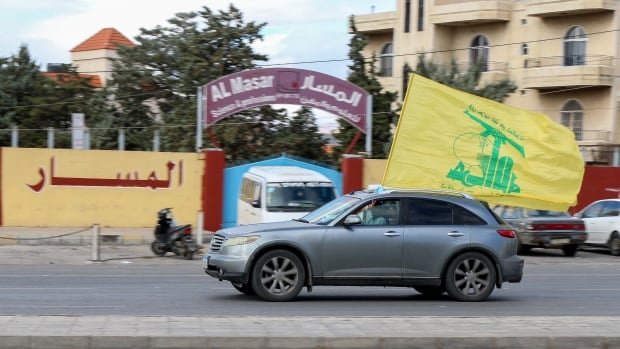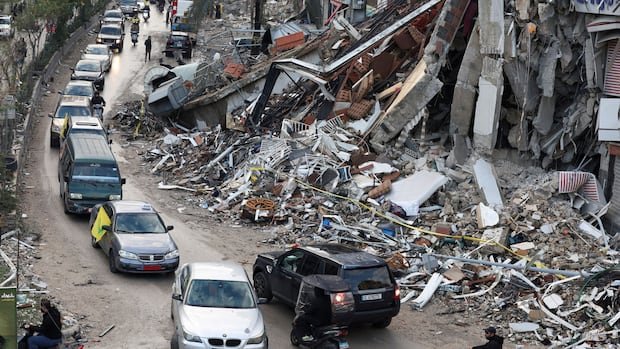The onset of a ceasefire leaves the Iran-backed militant group Hezbollah to manage pressing rebuilding challenges in Lebanon in the aftermath of its deadly war with Israel.
With the bodies of its fighters still strewn on the battlefield, Hezbollah must bury its dead and provide aid to its supporters who bore the brunt of Israel’s offensive, as the first steps on a long and costly road to recovery, four senior officials said.
Hezbollah believes the number of its fighters killed during nearly 14 months of hostilities could reach several thousand — with the vast majority killed since Israel went on the offensive in September, according to three sources familiar with its operations and citing internal estimates.
Hezbollah emerges shaken from top to bottom. Its leadership is reeling from the killing of its former leader, Sayyed Hassan Nasrallah, and its supporters have been left homeless by the accumulated bombing of Beirut’s southern suburbs and the destruction of entire villages in the south.
In addition to Nasrallah’s death, Israel killed other key members of Hezbollah’s leadership over the course of a bloody conflict that also saw pagers and wireless devices exploited to inflict casualties on the militant group from afar.
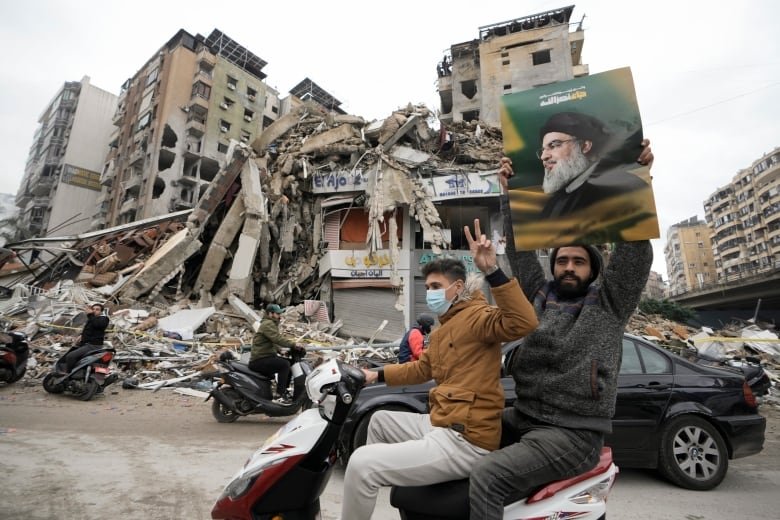
Assessing damage
With a ceasefire taking hold Wednesday, Hezbollah’s agenda includes working to re-establish its organizational structure, probing security breaches and conducting a full review of the last year, three other sources familiar with the group’s thinking said.
Reuters spoke to a dozen people who together provided details of some of the challenges facing Hezbollah as it seeks to pick itself up. Most asked not to be named because they were speaking about sensitive matters.
Get the latest on CBCNews.ca, the CBC News App, and CBC News Network for breaking news and analysis.
Hassan Fadlallah, a senior Hezbollah politician, told Reuters the priority will be “the people.”
“To shelter them, to remove the rubble, to bid farewell to the martyrs and, in the next phase, to rebuild,” he said.
Israel’s campaign has focused largely on Hezbollah’s Shia Muslim heartlands, where its supporters were badly hit. They include people still nursing casualties from Israel’s attack on its mobile communications devices.
The Israeli offensive displaced more than one million people, most of them from areas where Hezbollah has sway.
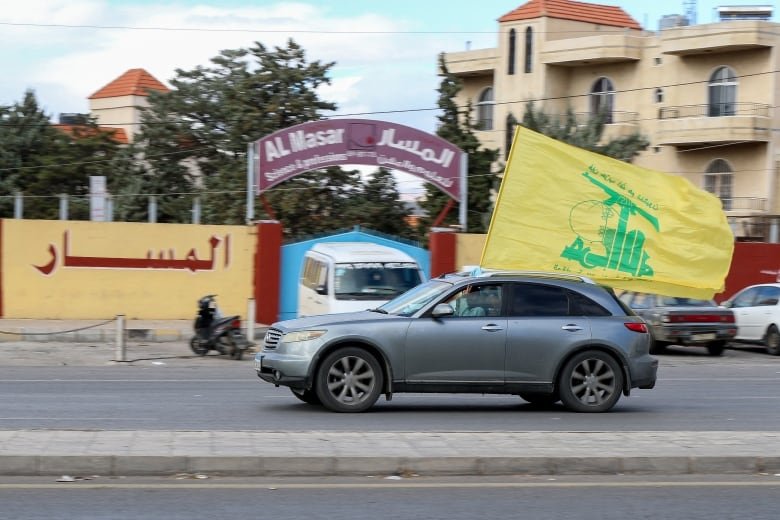
A senior Lebanese official familiar with Hezbollah thinking said the group’s focus would be on securing their return and rebuilding their homes: “Hezbollah is like a wounded man. Does a wounded man get up and fight? A wounded man needs to tend to his wounds.”
The official expected Hezbollah to carry out a wide-ranging policy review dealing with all major issues: Israel, its weapons, and the internal politics of Lebanon, where its weapons have long been a point of conflict.
Iran, which established Hezbollah in 1982, has promised to help with reconstruction.
The projected costs are immense.
The World Bank estimates $2.8 billion US in damage to housing alone in Lebanon, with 99,000 homes partially or fully destroyed. Its preliminary estimate for the entire country put the cost in damage and losses at $8.5 billion US — a bill that cannot be footed by the Lebanese government.
Gulf states Qatar, Kuwait and Saudi Arabia helped pay the $5-billion US reconstruction bill in 2006, the last time Hezbollah and Israel went to war. But there has been no sign that these states are ready to do so again.
The senior Lebanese official said Tehran has a variety of ways to get funds to Hezbollah, but did not give details.
Hezbollah did not immediately respond to a detailed request for comment; nor did Iran’s foreign ministry.
Intent to keep its weapons
Hezbollah has indicated it intends to keep its arms. Its officials have said the resistance — widely understood to mean its armed status — will continue.
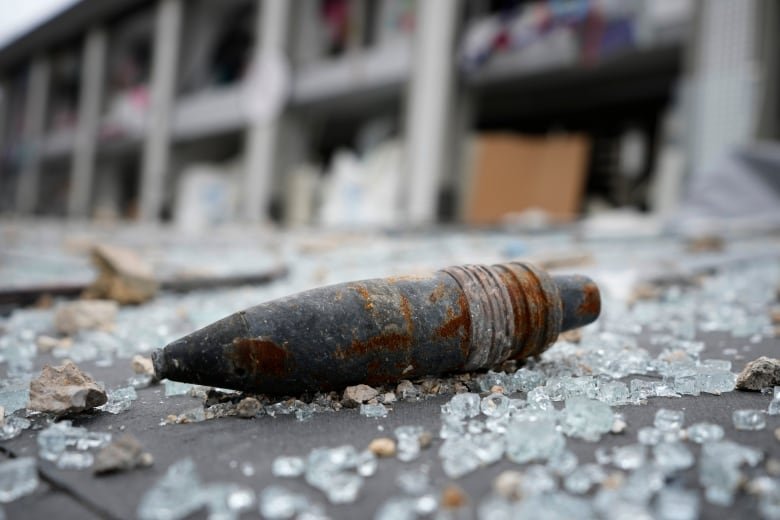
Hezbollah opened fire in support of Palestinian ally Hamas on Oct. 8, 2023 — the day after Hamas launched a deadly cross-border attack on Israel, igniting the ongoing war in Gaza.
Israel went on the offensive against Hezbollah two months ago, aiming to secure the return home of 60,000 people evacuated from homes on its side of the border.
Despite the resulting devastation, Hezbollah’s Fadlallah said the resistance put up by its fighters in south Lebanon and rocket salvoes the group intensified near the conflict’s end showed Israel had failed.
Israeli Prime Minister Benjamin Netanyahu, meanwhile, says his country’s campaign set back Hezbollah decades, eliminated its top leaders, destroyed most of its rockets, neutralized thousands of fighters, and obliterated its infrastructure near the border.
Joseph Vogel, a retired U.S. general and former head of U.S. Central Command, said the Israeli campaign had not only hurt Hezbollah’s organization but shattered its projection of deterrence.
“They’ve really demonstrated that the deterrent effect that Hezbollah had on Israel at one point really no longer exists,” he told CBC News Network.
The ceasefire terms agreed by Israel and Lebanon require Hezbollah to have no military presence in an area between the Israeli border and the Litani River, which meets the Mediterranean Sea some 30 kilometres from the frontier.
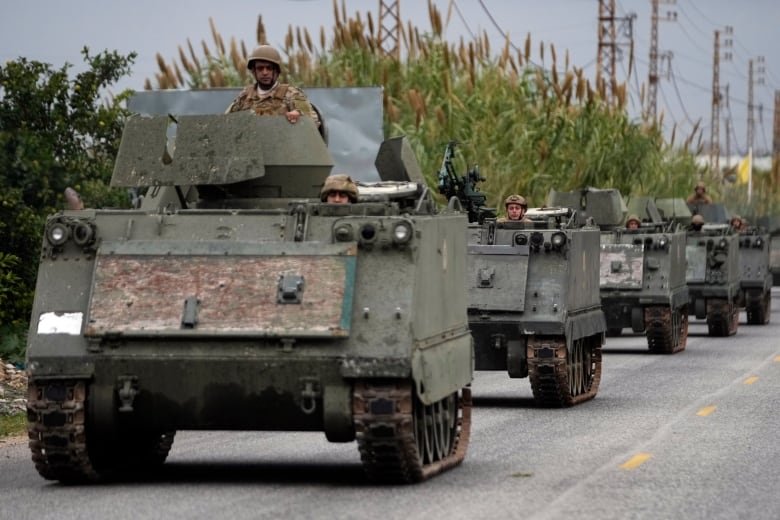
Hezbollah, which approved the deal, has not declared how it intends to help implement those terms, including whether it actively hands its arms to Lebanese troops who are deploying into the south, or leaves the weapons for soldiers to find.
Israel complains Hezbollah, which is deeply rooted in south Lebanon, never implemented the same terms when they were agreed to end a previous war in 2006. Israel says the group was preparing for a large-scale assault into northern Israel, pointing to its military build-up at the frontier.
Andreas Krieg of King’s College in London said Hezbollah had retained considerable capability.
The performance of its “core infantry fighters in southern Lebanon and rocket attacks deep into Israeli territory in recent days showed the group was still very, very capable,” he said.
“But Hezbollah will be very much bogged down in the effort of rebuilding the infrastructure and also, most importantly, securing the funds to do so.”
Handing out cash
Hezbollah has been handing out cash to people affected by the hostilities since they began, paying $200 US a month to civilians who stayed in frontline villages, and offering more as people were forced to flee the areas, according to recipients.
Since the start of the escalation in September, Hezbollah has been paying around $300 US a month to help displaced families.
Hezbollah has made no secret of the military and financial support it gets from Iran, which shipped huge sums of cash in 2006 to aid the homeless and help rebuild.

